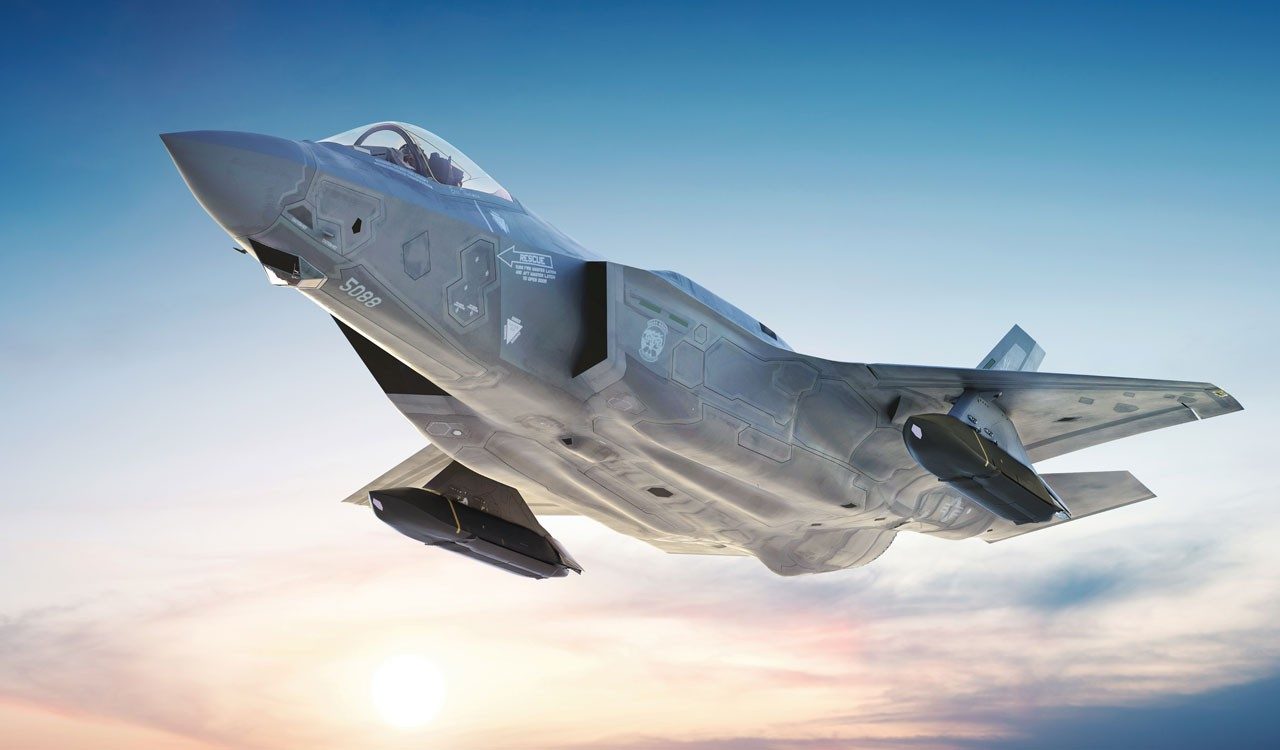The Turkish Naval Forces recently conducted the Denizkurdu-II exercise in the Mediterranean Sea, which prominently featured several unmanned surface vessels (USVs) alongside ships, submarines, and aircraft. The drill, held from May 7 to May 18, also included participation from the Turkish Air Forces.
Among the USVs involved were six Albatros-S vessels, designed by the domestic company Aselsan. These vessels are 7.2 meters in length and 2 meters in width, with a displacement of 2,200 kilograms. Powered by a diesel engine, they can reach speeds exceeding 40 knots and are capable of carrying a 200-kilogram warhead.
Another USV featured in the drill was the TCB 1101, the first such vessel commissioned by the Turkish navy. The Marlin platform, which previously participated in NATO exercises REPMUS and Dynamic Messenger in 2022 off Portugal's coast, was developed through a collaboration between Aselsan and Sefine Shipyard. This vessel measures 15 meters in length, 3.85 meters in width, and has a displacement of 21 tons. It is equipped with the Ares 2N electronic support measures system, Ares 2NC electronic countermeasures systems, and the Stamp remote-controlled weapon station, all produced by Aselsan.
The USVs were operated from both land-based and shipborne control centers. Retired Rear Admiral Cem Okyay highlighted the capabilities of these unmanned vessels, noting their utility in defending against asymmetric threats, conducting anti-surface and anti-submarine warfare, engaging in electromagnetic warfare, and performing mine countermeasure operations. Additionally, they enhance reconnaissance, surveillance, and intelligence gathering efforts.
In total, the exercise included 94 crewed ships, eight submarines, 10 maritime patrol aircraft, 16 helicopters, 28 unmanned combat aerial vehicles, 26 fighter jets, an airborne warning and control system aircraft, an A400M cargo plane, and a target-towing aircraft.
:quality(70)/cloudfront-us-east-1.images.arcpublishing.com/archetype/ATM5VJVWJ5EDXPBVMTBAF3DZ6M.jpg)
:quality(70)/cloudfront-us-east-1.images.arcpublishing.com/archetype/RQ6P72MMUNGXPGPEWXP36H6P24.png)
:quality(70)/cloudfront-us-east-1.images.arcpublishing.com/archetype/B57Z33II4ZG33LDF5SE6MKH6XE.jpg)

